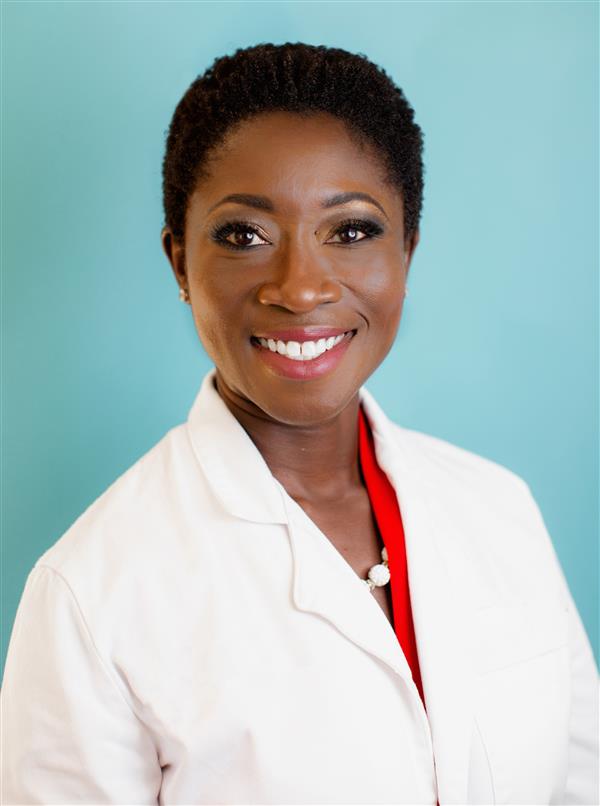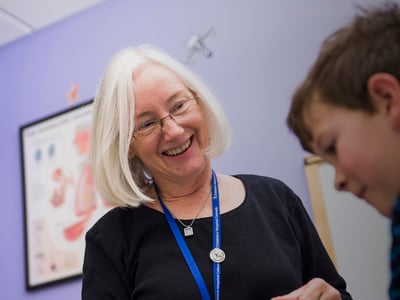- Doctors & Departments
-
Conditions & Advice
- Overview
- Conditions and Symptoms
- Symptom Checker
- Parent Resources
- The Connection Journey
- Calm A Crying Baby
- Sports Articles
- Dosage Tables
- Baby Guide
-
Your Visit
- Overview
- Prepare for Your Visit
- Your Overnight Stay
- Send a Cheer Card
- Family and Patient Resources
- Patient Cost Estimate
- Insurance and Financial Resources
- Online Bill Pay
- Medical Records
- Policies and Procedures
- We Ask Because We Care
Click to find the locations nearest youFind locations by region
See all locations -
Community
- Overview
- Addressing the Youth Mental Health Crisis
- Calendar of Events
- Child Health Advocacy
- Community Health
- Community Partners
- Corporate Relations
- Global Health
- Patient Advocacy
- Patient Stories
- Pediatric Affiliations
- Support Children’s Colorado
- Specialty Outreach Clinics
Your Support Matters
Upcoming Events
Mental Health Town Hall
Tuesday, April 23, 2024Join Children’s Hospital Colorado pediatric experts for a virtual...
-
Research & Innovation
- Overview
- Clinical Trials
- Q: Pediatric Health Advances
- Discoveries and Milestones
- Training and Internships
- Academic Affiliation
- Investigator Resources
- Funding Opportunities
- Center For Innovation
- Support Our Research
- Research Areas

It starts with a Q:
For the latest cutting-edge research, innovative collaborations and remarkable discoveries in child health, read stories from across all our areas of study in Q: Advances and Answers in Pediatric Health.


Gynecology
Amenorrhea
We specialize in the big things, the small things and everything in between.

What is amenorrhea?
Amenorrhea is the absence of menstrual periods. Primary amenorrhea refers to when a person has not started their period within three years of breast development or has not experienced a period by age 15. Secondary amenorrhea is defined as no menstrual period for three cycles after already having monthly menstrual periods, or no menstruation for six months if a person was already experiencing irregular menstrual cycles.
Absent periods can cause stress and confusion for children or teens and their families. Children's Hospital Colorado provides the medical expertise in pediatric and adolescent gynecology to ease you or your child’s stress.
What causes amenorrhea?
Many factors can cause amenorrhea. In those who have never had a period before, it is important to make sure that the reproductive structures are normal. A blockage or absence of any part of the vagina or uterus can prevent the onset of periods.
Other amenorrhea causes include weight gain or loss, physical and emotional stress, highly competitive athletics, endocrine conditions such as polycystic ovarian syndrome (PCOS), high prolactin level, adrenal problems, thyroid conditions and chronic medical concerns like diabetes and celiac disease. Primary ovarian insufficiency, a condition that causes the ovaries to work abnormally, is another cause of amenorrhea.
Who gets amenorrhea?
Amenorrhea occurs for many different reasons and has many potential risk factors. Common risk factors include:
- A congenital (present at birth) anomaly in the kidneys or urologic system
- This increases the chances of having an anomaly of the reproductive system, which can cause absent menstruation.
- Significant weight loss or gain
- Polycystic ovarian syndrome (PCOS)
- Competitive athletics
What are the signs and symptoms of amenorrhea?
The two primary signs of amenorrhea are:
- No menstrual period by age 15, commonly referred to as primary amenorrhea
- No menstruation for more than three cycles in a row, commonly referred to as secondary amenorrhea
Other signs and symptoms depend on the cause of amenorrhea, and include:
- A blockage in the reproductive system may cause several days of pain and cramping each month even though there is an absence of a menstrual period.
- In addition to irregular periods, teens with PCOS may experience weight gain, acne and excessive hair on their face and body.
- Teens or adolescents with primary ovarian insufficiency may have much lighter and skipped periods, or no periods at all.
How do we diagnose amenorrhea?
Diagnosis starts with a careful medical history, a physical exam and lab tests to detect any potential underlying hormone issues. In some cases, a pelvic exam or an ultrasound is necessary.
Our care team will determine the best approach for each patient.
What to expect from an exam for amenorrhea
Determining the underlying cause of absent periods is important and our team works to do just that. The most important aspects of a correct amenorrhea diagnosis are a detailed medical history, basic physical exam and lab testing.
Our care team will ask a number of questions relating to common amenorrhea symptoms such as menstrual cycles, weight loss and family medical history. A physical exam will include comparing weight and height to growth charts and checking other developmental markers. We typically use lab tests to detect pregnancy or particular hormones. When necessary, we will perform an X-ray to establish bone age or a pelvic ultrasound to evaluate the uterus and ovaries.
If you or your child has never had a period before, it is important to look at the outside of the vagina. A complete, internal pelvic exam is not typically necessary.
Amenorrhea treatment
Amenorrhea treatment varies depending on its cause. Our multidisciplinary care team works together to determine the best treatment plan for you or your child. Potential treatment approaches include:
- We treat those with amenorrhea, who also have PCOS, with medications to regulate their period and to help with any other concerns, such as acne. Our care team can also work with family members to help make healthy choices about food and exercise, which can greatly affect the outcome of amenorrhea treatment.
- When weight gain or loss is the cause of amenorrhea, we work to find the right nutritional support for you or your child to help regulate menstrual cycles. In addition, we may recommend medications for irregular periods, or closely monitor to see if periods normalize based on nutritional support.
- If there is a structural cause of amenorrhea, such as a blockage in the reproductive system, we will discuss surgical and medical options with a team of doctors and surgeons who treat both common and rare gynecological conditions.
Our gynecologists are part of the Polycystic Ovarian Syndrome Clinic at Children's Colorado, which is the only clinic of its kind in the Rocky Mountain region. Specialists at this clinic include endocrinologists, gynecologists, dermatologists, psychologists and lifestyle experts. We coordinate with this team on any issue affecting menstrual concerns.
Why choose Children's Colorado for amenorrhea treatment?
We understand that amenorrhea can occur at a challenging time in a person’s life and can be very stressful. Our board-certified gynecologists have the specialized training and experience in reproductive health issues to put you or your child at ease. We carefully explain amenorrhea, discuss the various options for treatment and support you or your child with follow-up visits and consultation with our colleagues in other specialties as needed.
We work with a multidisciplinary team to ensure you or your child is receiving the best care depending on individual symptoms. Absent menstruation in adolescents or teens is unique to this particular age, so you want a care team that specializes in working with adolescents and teens.
Next steps
-
Would you like to learn more about us?
Learn more about the Gynecology department -
Are you ready to schedule an appointment?
Schedule an appointment -
Do you have questions about your child’s condition?
720-777-2667
Get to know our pediatric experts.

Kellie Woodfield, MD
Ob/Gyn Obstetrics & Gynecology
Patient ratings and reviews are not available Why?

Elizabeth Clain, MD
Patient ratings and reviews are not available Why?



 720-777-0123
720-777-0123








